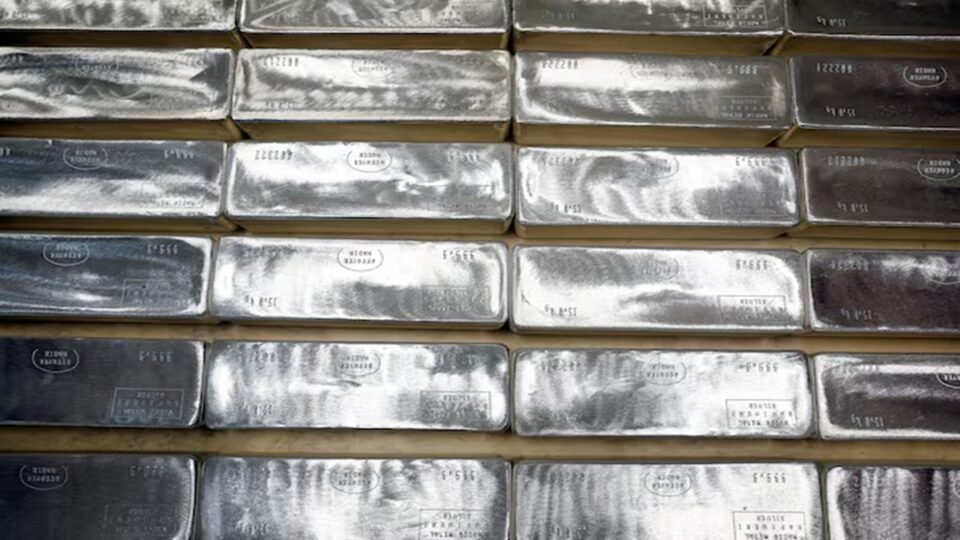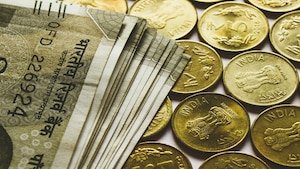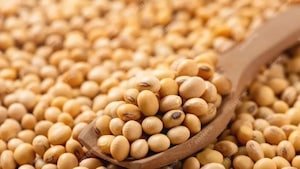The United Arab Emirates (UAE) has agreed to examine India’s concerns on the recent surge in imports of silver products, platinum alloy and dry dates and its request that these products comply with the rules of origin norms under the Comprehensive Economic Partnership Agreement (CEPA).
The issue was raised by the Indian side in the second Joint Committee meeting under the India-UAE CEPA on Monday in Dubai, a statement by the Ministry of Commerce and Industry said Following a significant increase in imports of precious metals, India sought review of certain provisions of the FTA with the UAE that came into force on May 1, 2022.
Under the India-UAE CEPA gold and silver shipments from the UAE enjoy duty concession of 1% and 7%, respectively. However, 3% local value addition is a must for availing of this concession. To supply silver to India, Dubai traders convert silver into granules and claim 3.5% value addition, which was accepted by the authorities in India. Experts, however, say that the value addition in this process is less than 0.5%. This led to a surge in silver imports to $1.74 billion in 2023-24 from $29.2 million in 2022-23.
Before the budget, 15% duties on gold and silver made imports from other countries less lucrative, shifting a large part of the trade to the UAE. The budget reduced the duties on gold and silver to 6% thereby levelling the field for other exporters. However, as per the CEPA the in coming years the preferential duties under the CEPA will come down further and then settle at zero so the review becomes necessary.
Currently, gold can be imported from Dubai at 5 per cent duty, but this will drop to zero in three years if the alloy contains 2% platinum. This will lead to significant annual revenue losses, move import business from banks to a few private traders, and replace top suppliers with Dubai-based firms
During the meeting both sides noted substantial growth in bilateral trade during the first two years of implementation of CEPA and expressed optimism in attaining the target of $100 million non-oil trade well before the year 2030. Two-way trade between the two countries was $83.9 billion in 2023-24.
On issues related to sanitary and phyto-sanitary (SPS)/TBT (technical barriers to trade) measures, India asked the to grant recognition to the i-CAS (India Conformity Assessment Scheme) Halal scheme that will considerably ease the certification process and promote export of animal products to the UAE.
“Both sides also agreed to take forward the discussion on fast-tracking of registration as well as reference pricing mechanism for pharma products. Both sides agreed on early finalisation of MoU on food safety between their competent authorities,” the statement added.
Further, the Indian side highlighted the need of professional bodies from both sides to enter into mutual recognition agreements to enable professionals such as chartered accountants, lawyers, nurses to provide their services without the need for another certification. Both sides agreed to work on an actionable plan in this regard.






